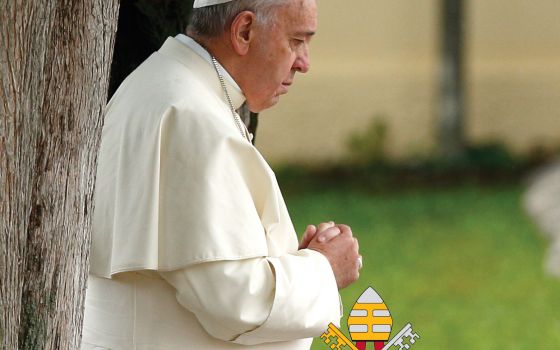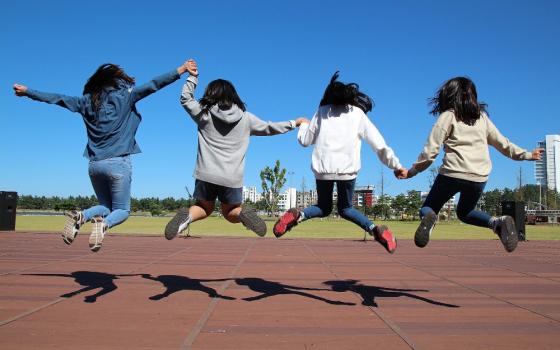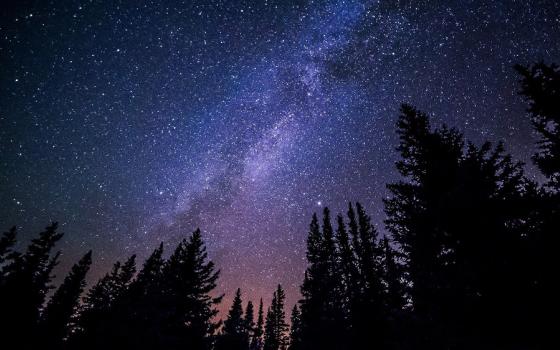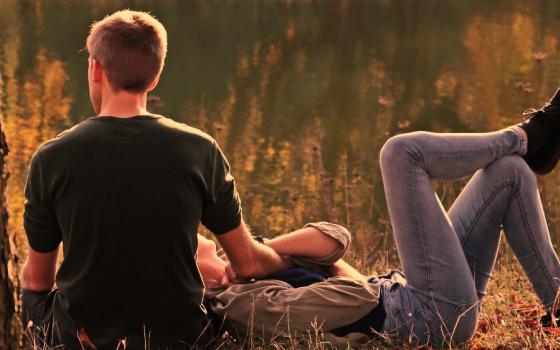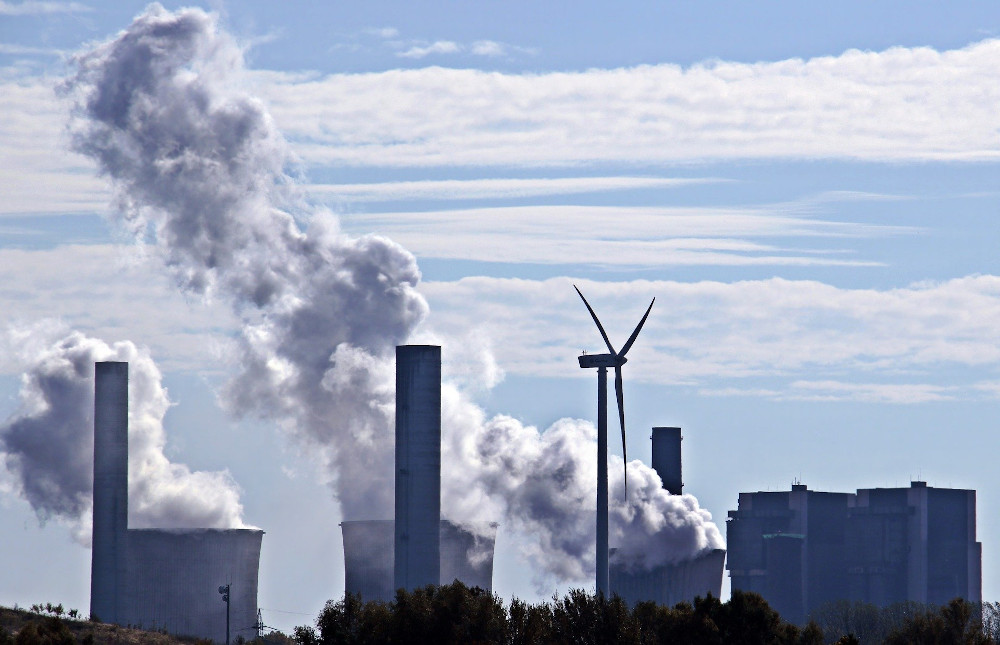
(Pixabay/pixel2013)
READ
Chapter 2, Section 3: The Mystery of the Universe
Continuing with chapter 2, Pope Francis says in section 3: "A fragile world, entrusted by God to human care, challenges us to devise intelligent ways of directing, developing and limiting our power" (78).
God gave humanity free will, which comes with risks and responsibilities. Francis says this about free will: "This is what makes for the excitement and drama of human history, in which freedom, growth, salvation and love can blossom, or lead towards decadence and mutual destruction. The work of the Church seeks not only to remind everyone of the duty to care for nature, but at the same time 'she must above all protect mankind from self-destruction'" (79).
Francis continues by saying it's a mistake "to view other living beings as mere objects subjected to arbitrary human domination." Industrialized societies' view of nature "solely as a source of profit and gain... has engendered immense inequality, injustice and acts of violence against the majority of humanity, since resources end up in the hands of the first comer or the most powerful: the winner takes all." Furthermore: "Completely at odds with this model are the ideals of harmony, justice, fraternity and peace as proposed by Jesus" (82).
REFLECT
If Christains truly believe in the biblical theory of creation and that "the world came about as the result of a decision, not from chaos or chance" (77), then we should be able to "acknowledge the value and the fragility of nature and, at the same time, our God-given abilities" as well as our "free choice" so that "we can finally leave behind the modern myth of unlimited material progress" (78).
ACT
Practice the ideals of harmony, justice, fraternity and peace that Jesus lived by. For me, this includes seeking out the truth and standing in solidarity with those facing injustice. For example, the pandemic is impacting people and the planet disproportionately. While there have been many headlines about declining air and water pollution around cities since transportation has slowed down, today's economic depression is not good for nature.
The bigger picture is that poverty (which this pandemic could plunge millions into) creates direct pressures on nature as people resort to more hunting, fishing, and logging to support their livelihoods. At the same time, environmental crime (such as illegal mining and wildlife poaching) may be on the rise. Please help dispel the myth that "nature is healing" because of this pandemic. The truth is, we still have a lot of work to do to solve poverty and make the global economy more sustainable. Though our circumstances are dire, remember that our God-given free will allows us to be agents of change.
Digging Into Laudato Si’
Join EarthBeat on an exploration of Laudato Si' through a social, political and spiritual lens. Three times a week, we’ll dive into a new section of the papal document, leading readers through an informal study of the call to care for our common home, five years on.
Read | Reflect | Act
Advertisement





